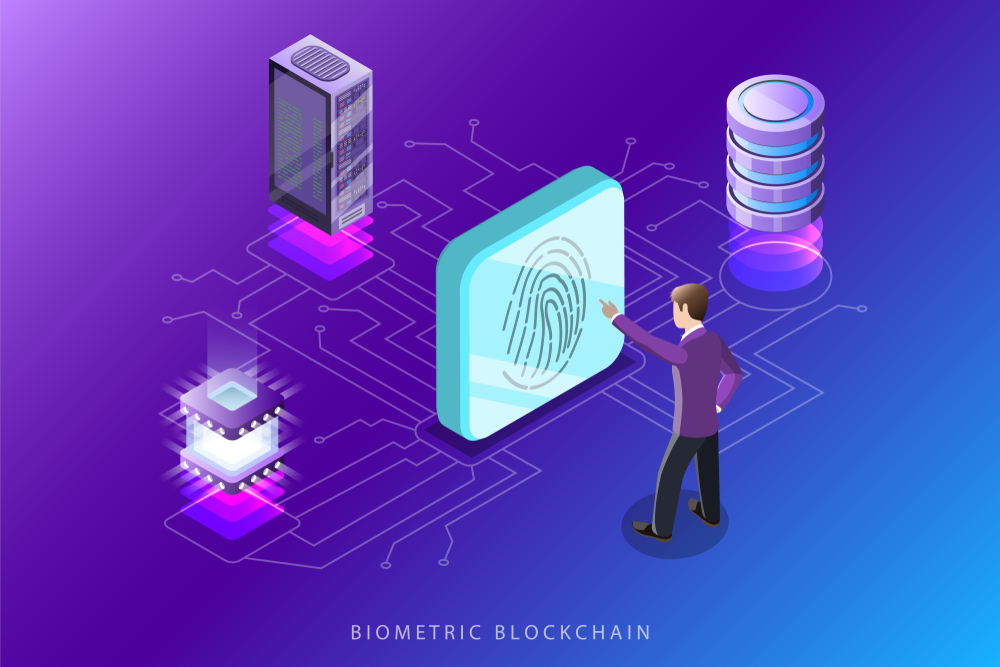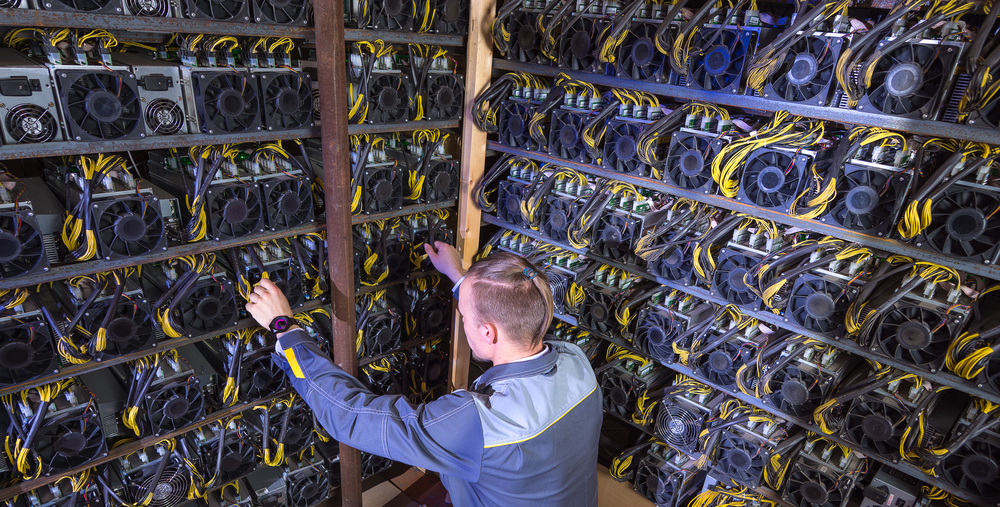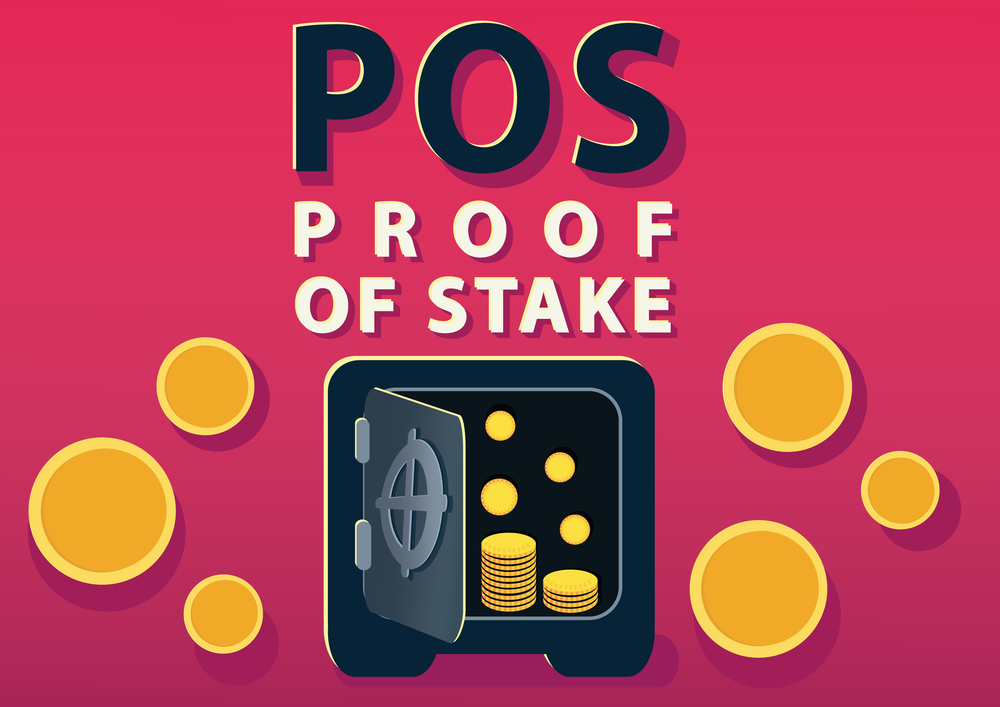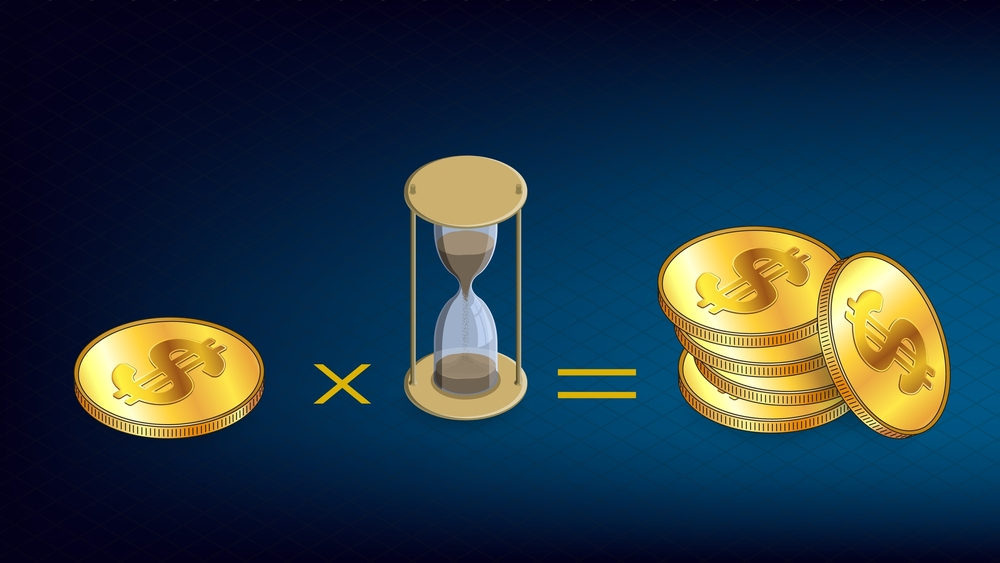- POS: Proof of Stake
- POW: Proof or work.
Check: Difference between POS and POW consensus mechanism.
Blockchain technology has continued its increase in popularity and adoption.
Pantera Capital CEO recently envisioned blockchain technology gaining super adoption in the near future.
No matter how decentralized blockchain technology seems to be, the network still needs the intervention of individuals to validate (approve) transactions (blocks) before they enter the blockchain.
This is to say that people work behind the scenes to make sure invalid transactions are not validated into the blockchain.
However, these guys are given incentives for any block they confirm as validation continues.
So, what is transaction validation, how
is it done, and how lucrative is it?
What is Transaction Validation?

As the name implies, it is the process of deeming a transaction valid by checking if it conforms to certain protocol requirements.
There are certain requirements a transaction must possess to get validated or genuineness.
These requirements must be understood before trying to confirm any transaction.
The accountability and transparency of blockchain technology lies in the conformity of transactions.
Requirement protocol for a Valid Transaction
As said above, a transaction won’t be validated if it doesn’t conform to validation standards.
A transaction is deemed valid if the sender in the transaction has a balance in their wallet equal to or greater than the amount being sent in the transaction (including the transaction fee).
This is the general rule for transaction validation, but other protocols may devise or add to their own validation criteria.
Who is a Validator?
Irrespective of the consensus mechanism (POS OR POW), a validator performs the same job.
A validator(sometimes known as node) is someone who checks the genuinety of a transaction before adding it(block) to the Blockchain (distributed ledger) as part of the validating process.
As said earlier, they are rewarded for their efforts.
Validator in Proof of Work model

Proof of work model, the first ever blockchain consensus mechanism, was used to create the world’s first cryptocurrency, Bitcoin.
It involves the solving of complex mathematical puzzles before any transaction can be successfully added to the blockchain.
In the POW network, a Validator is formally called a Miner.
These miners use complex machines(mining rings) with high electrical power consumptions to maintain the transparency and accountability of the blockchain.
Validators in Proof of Stake model

Unlike POW, there is no need for mining machines or mining in the POS model.
A POS validator only needs to have a stake in the POS network before he can be chosen to validate transactions.
A POS validator needs to stake a certain amount of crypto to quality.
Using Ethereum as a case study, you need about 45ETH ($57,330 as at this time) to be a validator on the Etheruem network.
However, there are more POS cryptocurrencies that onboard validators with a lesser amount than the above one.
Is Crypto Validation Lucrative?

If you like to make ends meet from your comfort, then you may need to look out for this blockchain opportunity.
The increasing popularity of blockchain technology has made room for token owners to use their laptops and funds to become validators (nodes) on a blockchain while earning incentives.
But is it worth the expenses and validation time?
The Validation exercise is lucrative but with Pros and Cons.
- The more you stake the more your reward: Your staking power determines your validation power and your incentive size. So if you have less capital, your reward will be little thus you can’t have this job as full time.
- Your rewards vary with Crypto price: Your rewards change because of the volatility of cryptocurrencies. So, even if you are earning rewards, it might not mean much in a bearish season.
- More validators, fewer rewards: The more validators in a given network the lesser the reward system of that network. Just as the profit of liquidity providers reduces when their number increases.
What do I need as a POS Validator?
As a POS Validator or if you wish to be one, you need capital first (to have a particular number of the coin).
Then you need a good laptop with at least 8GB Ram and 256GB storage.
This is a far lesser requirement when compared to mining Laptops or machines.
After the above, you can connect to the network to create your stake and apply as a validator.
Do I need to be a tech expert to validate transactions?

You don’t need to be a professional in blockchain technology to be a validator.
You just need background knowledge of laptop operation, staking and the risk involved in it.
Conclusion
Crypto validation is still lucrative, especially with a bigger capital size.
It is also wise to note that the job is a passive one, so you don’t need to expect so much from it.
Blockchain technology on the other hand has lots of utilities to offer in and outside the financial systems of the world.

